Epidemiologists are specialists in public health who look at the ways and causes of sicknesses and wounds influencing individuals. They contribute to overseeing and halting well-being issues by conducting studies, advising communities about these things, and influencing arrangements tied to public well-being.
A few individuals may call them “disease investigators” since their work is vital in finding what causes disorders and how they spread. By examining information and designs, epidemiologists work to halt more outbreaks and recommend ways to improve healthcare. They understand diseases that spread rapidly and last a long time, showing their significance in keeping numerous individuals solid and secure.
Epidemiology, the study of how diseases happen and spread, and other health-related viewpoints, is an exceptionally vital field in public well-being. It provides fundamental knowledge that assists in creating well-being and well-being approaches and measures. Disease transmission experts utilize diverse strategies, such as statistical checking, field examination, or lab testing, to determine why illnesses happen and what makes individuals more likely to urge certain ailments. They, too, make plans to decrease or halt flare-ups from coming back by carefully examining these vital subjects.
This portion of science tracks ailments and looks into well-being and illness circumstances in particular groups or populations and what causes them. Epidemiologists can propose steps to improve well-being by learning how maladies affect a few groups. The study of disease transmission tries to determine how well-being and natural exposures like contamination are associated. This information is exceptionally imperative for making open well-being rules and exhortation.
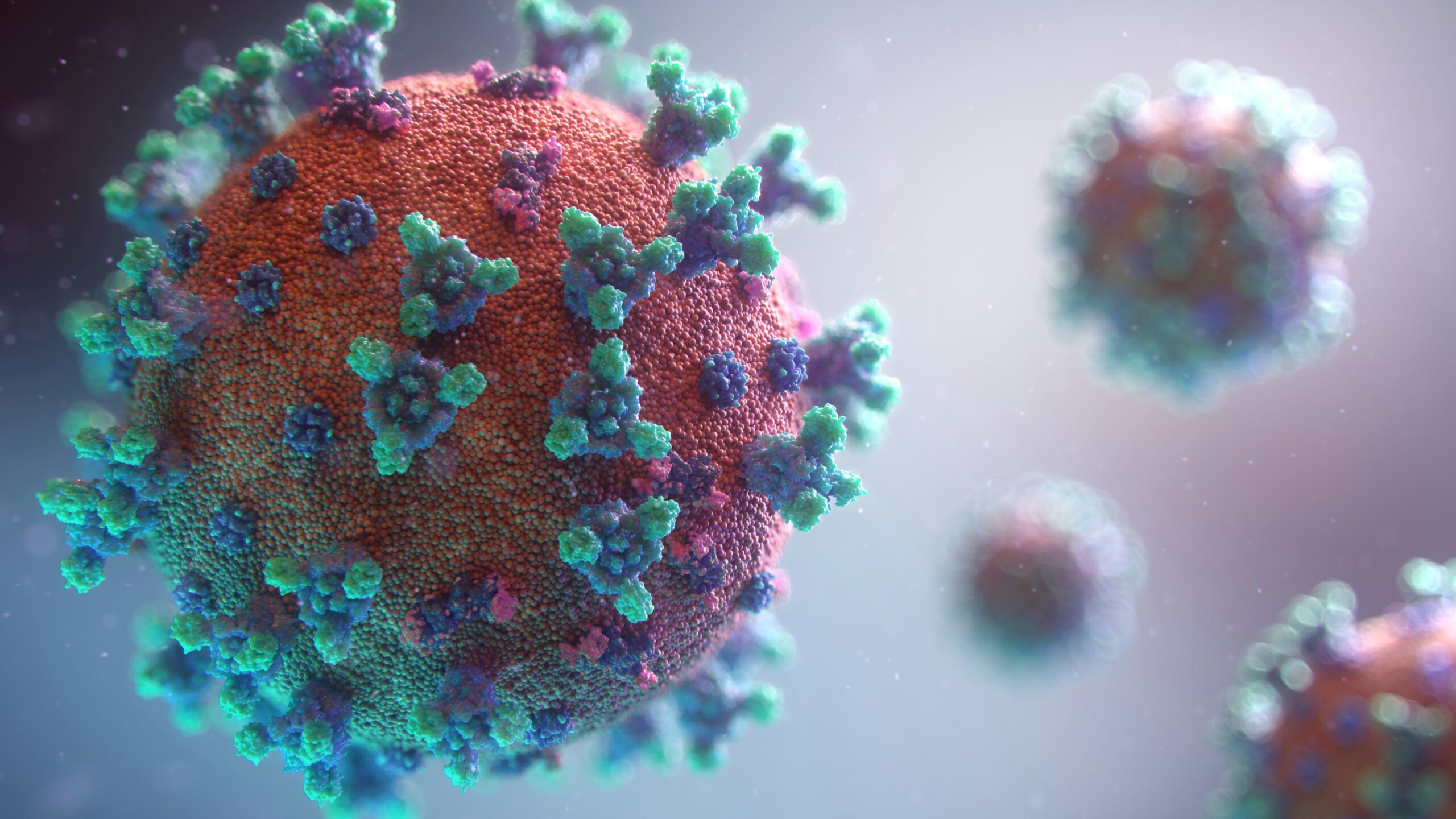
Somebody or a group might think of talking with an epidemiologist if they confront this situation. These specialists are exceptionally accommodating when an infection episode spreads quickly in your area since they offer assistance in discovering where it began and how to halt it from spreading more. Their aptitude is also exceptionally important when handling maladies that persist for a long time (persistent). Knowing the designs and risk factors makes a difference in altering how we treat these illnesses and halting them from returning.
Individuals with uncommon or recently found illnesses might require an epidemiologist's information to distinguish the illness and deliver legitimate treatment counsel. Public health specialists, government decision-makers, and healthcare suppliers frequently collaborate with disease transmission experts to plan well-being to diminish malady episodes and move forward with generally open well-being.
Individuals working in word-related well-being may discover it advantageous to utilize an epidemiologist's skills. An epidemiologist can help them understand how long-term exposure to unsafe substances at work might influence specialists and what preventative measures ought to be taken.
Epidemiologists discover it troublesome to find well-being issues. They utilize many strategies, such as analyzing information, researching the field, and collaborating with different healthcare experts. Epidemiologists work unexpectedly, unlike specialists in clinics who care for fair understanding. They ponder bunches of individuals to determine how ailments move between them and what causes the disorders among these numerous people. There could be a nitty gritty clarification of epidemiologists' strategies to recognize well-being issues.
Scientists called epidemiologists to utilize information as a vital device. They collect information from parts of places, such as well-being history, studies, lab results, and observing individuals in genuine life. This data can uncover information about illness recurrence, its spread, the highlights of those influenced (counting age and sex), geological occurrences of cases, and other crucial viewpoints.
When information is collected, factual methods are used to find patterns, associations, and conceivable causes for well-being issues. Disease transmission experts hunt for designs that appear to be a flare-up happening, a rising slant in long-term maladies, or modern well-being dangers. Measurable examination programs and models bargain with exceptionally expansive datasets and allow pivotal bits of knowledge to be incorporated into well-being issues.
Field examinations![]() are also a pivotal portion of the study of disease transmission for finding well-being issues. When a disorder is spreading, or there are unordinary well-being designs, disease transmission experts may go to the area to gather more nitty gritty data. That can mean talking with those influenced, collecting tests from the area, and observing changes in the place that has been affected.
are also a pivotal portion of the study of disease transmission for finding well-being issues. When a disorder is spreading, or there are unordinary well-being designs, disease transmission experts may go to the area to gather more nitty gritty data. That can mean talking with those influenced, collecting tests from the area, and observing changes in the place that has been affected.
When analysts consider these maladies, they seek to find the root of the disease and how it spreads. For example, in a circumstance where nutrition causes an ailment to spread, they may follow the conceivably sullied food through its supply chain. They also talk with people who are unwell and examine tests collected during diverse stages of making and handling the food. This commonsense approach assists in pinpointing the precise cause of the episode and defining methodologies to oversee it viably.
Reviewing the lab to consider maladies with the study of disease transmission is exceptionally imperative. Analysts check tests from individuals, like blood, pee, or body tissues, to find modest germs that cause affliction. They, moreover, see how much harm the body has taken from terrible things and see signs that tell if an individual is wiped out.
Individuals who study infections (epidemiologists) collaborate with specialists in lab tests to examine discoveries. They also review well-being measurements and data from well-being cases. Working together is exceptionally critical for examining ailments, understanding how they work, and developing effective medications and strategies to prevent them from spreading.
Well-being checking frameworks are vital for checking affliction issues. They take, check, and see health data, making a difference. Specialists and malady specialists rapidly discover and act on any dangers to our well-being. Keeping an eye on things can be done by unobtrusively holding up for upgrades from healthcare specialists, or it can be more hands-on, where well-being bosses effectively hunt for data themselves.
There are many ways to check our well-being. For illustration, within the USA, one way is called the National Disease Watch System. This framework observes numerous distinctive sorts of maladies. There's another framework called “Global Influenza Surveillance![]() ” that keeps track of the flu worldwide. These devices provide current information that specialists and other therapeutic specialists utilize to discover unused issues with maladies and check how well medications are working.
” that keeps track of the flu worldwide. These devices provide current information that specialists and other therapeutic specialists utilize to discover unused issues with maladies and check how well medications are working.
Geographic Information Systems![]() , or GIS, are exceptionally valuable for individuals examining infection spread. These instruments offer assistance to public health specialists who examine and get information about where things happen. GIS makes a difference. Disease transmission experts make maps to show where illnesses happen, how the environment affects individuals, and who lives in certain places. This innovation can discover joins and patterns that must be unmistakably utilizing older data examination strategies.
, or GIS, are exceptionally valuable for individuals examining infection spread. These instruments offer assistance to public health specialists who examine and get information about where things happen. GIS makes a difference. Disease transmission experts make maps to show where illnesses happen, how the environment affects individuals, and who lives in certain places. This innovation can discover joins and patterns that must be unmistakably utilizing older data examination strategies.

Illness specialists work with numerous afflictions, such as irresistible infections and long-term conditions. They utilize numerous ways to control and prevent these sicknesses from spreading.
Irresistible illnesses caused by little germs such as microbes, infections, organisms, or parasites are critical for those investigating how ailment spreads (epidemiologists). These experts closely monitor how diseases pass from one individual to another in bunches. Illustrations are flu (influenza), tuberculosis, and modern afflictions like COVID-19. When they carefully collect data and look at it all together, they can rapidly distinguish episodes, get the root of the ailments, and create strategies to prevent them from spreading. Immunization campaigns, segregation steps, and educating folks are common ways to handle contaminations.
Maladies that last a long time, like diabetes, heart issues, and cancer, require extraordinary strategies to manage them. Specialists who study these infections have examined their beginnings and causes over numerous years. This permits them to identify risk components like ways of living, family history, and environment. Based on this understanding, they propose strategies to anticipate issues and shape well-being approaches.
Disease transmission experts have an imperative work. They know how the environment and work environment can cause well-being issues. Their work considers what happens when individuals are exposed to contamination, chemicals, and other things in their occupations that might influence their well-being. That might incorporate considering individuals with breathing issues in ranges with messy discussions or analyzing cancer cases among laborers managing unsafe situations. The well-being they conduct makes a difference. Make assurance rules to keep everybody secure and prevent such issues from happening once more.
Within the field of the study of disease transmission, which is the study of well-being and well-being conditions that influence a group of individuals, making strides in mothers' and babies' health is critical. Analysts in this region examine factors that impact moms and their children's well-being. They look at things like pregnancy care, nourishment, and getting to specialists or restorative care and offer assistance when required.
Damage avoidance is additionally an enormous range where researchers known as disease transmission experts have great effects. They look at the causes and circumstances of wounds, mischances, viciousness, and unsafe work conditions. Learning about wounds can assist individuals in thinking more about being cautious. So, rules such as utilizing situated belts in cars, work security tips, and appeals on remaining secure are imperative. These rules diminish the number of individuals who get harmed and make the wounds less serious when they happen.
Vaccination programs![]() are exceptionally critical within the ponder of infections. Specialists screen how well immunizations work and the number of individuals who get them to guarantee that these assurance plans halt sicknesses from spreading. They seek sicknesses that can be halted with shots, check how well these shots work, and bargain with people's stresses regarding the security of immunizations. This vital work is key to keeping tall numbers of people getting shots and preventing broad maladies like measles, mumps, and rubella from spreading.
are exceptionally critical within the ponder of infections. Specialists screen how well immunizations work and the number of individuals who get them to guarantee that these assurance plans halt sicknesses from spreading. They seek sicknesses that can be halted with shots, check how well these shots work, and bargain with people's stresses regarding the security of immunizations. This vital work is key to keeping tall numbers of people getting shots and preventing broad maladies like measles, mumps, and rubella from spreading.
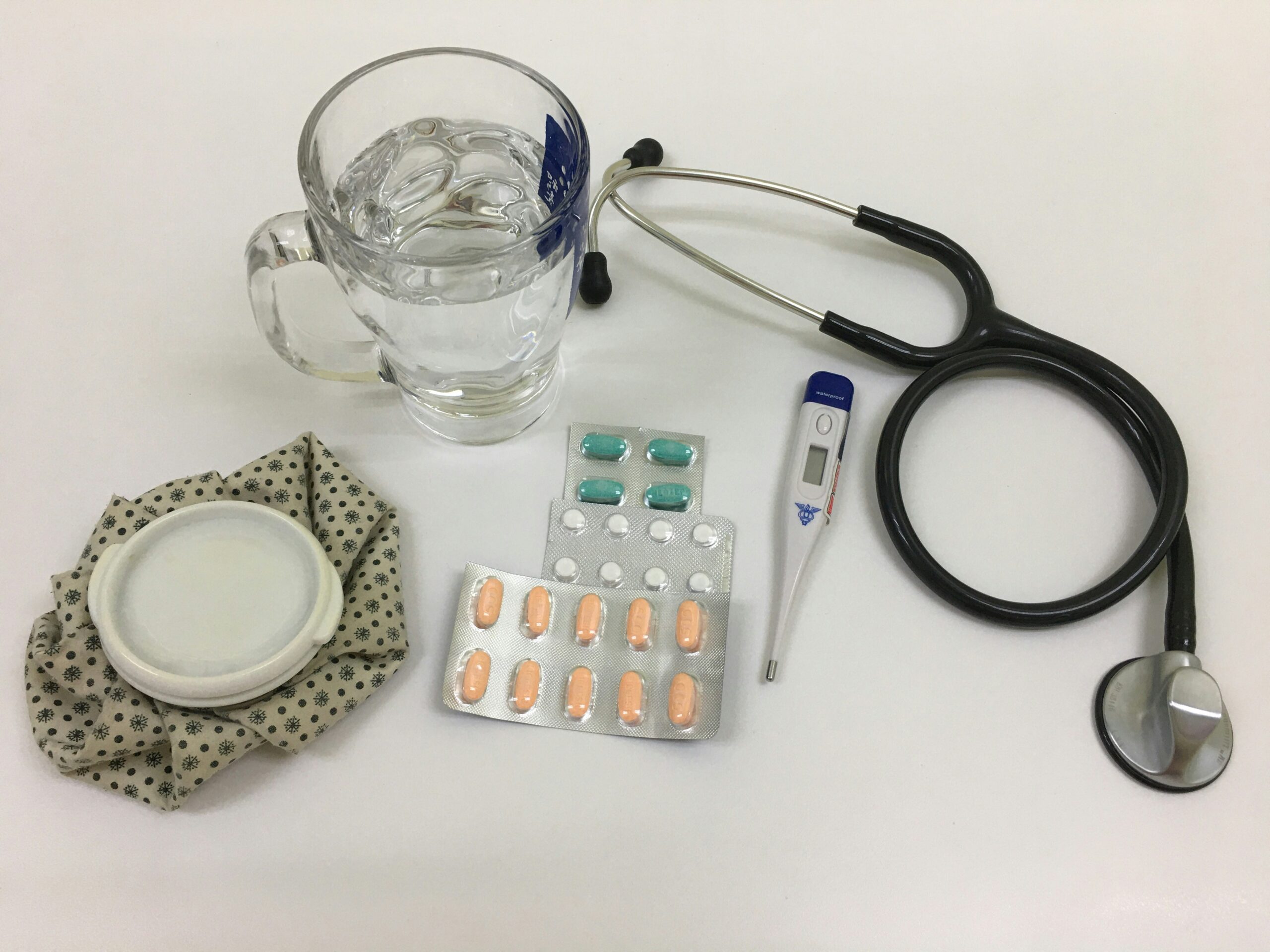
Getting prepared to meet a disease transmission expert needs certain steps to make this meeting valuable and enlightening. To begin with, collect vital well-being reports you have, like old restorative records of analysis, medications you've had some time recently, and unused lab test results. It supports the disease transmission expert once you share your medical history. This data lets them enter your well-being foundation and discover any designs or threats.
It's also great to create a list of your side effects. Note the time they begin, how long they last, and what things of well-being them or make them more awful. This exhaustive indication journal can offer important experiences and assistance to well-being experts and epidemiologists in redressing judgments.
It would offer assistance if you recorded any questions or concerns you have about your health problem. This approach permits all stresses to be examined during the visit.
Table of Contents

An immunologist centers on the immune framework, which acts as a security for our body against hurtful germs. This work… read more »

A naturopath is an individual practicing naturopathy, an alternative medicine that centers on common strategies to remedy and progress well-being.… read more »
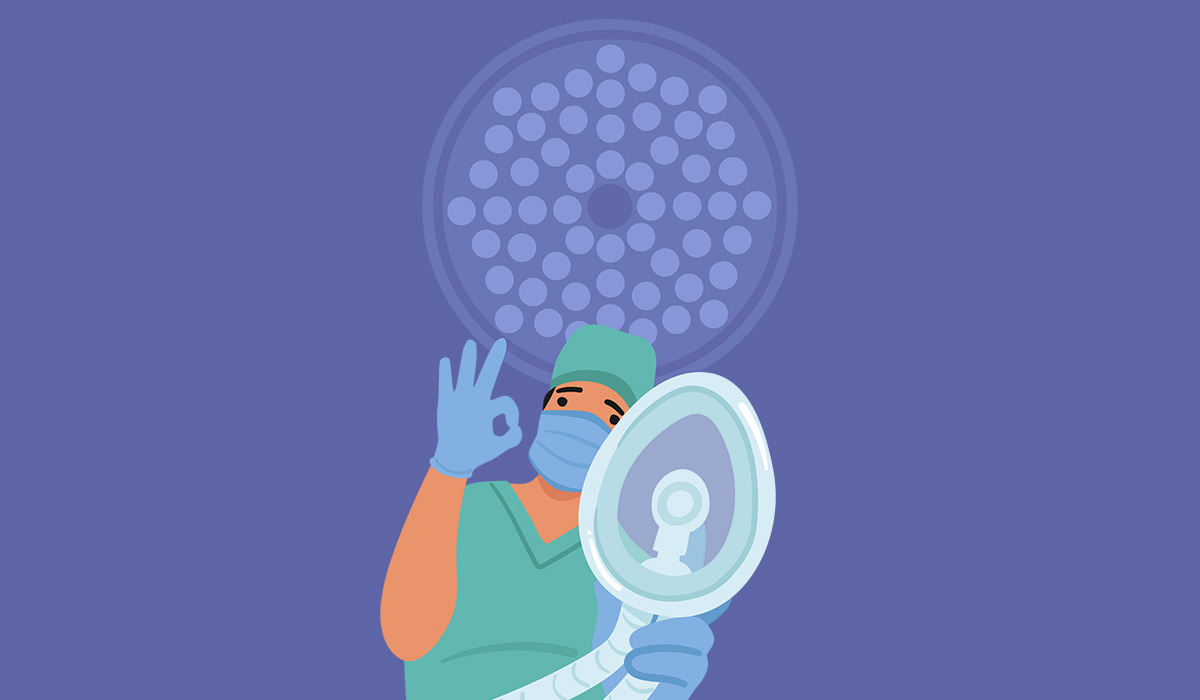
Anesthesiologists, being extraordinary medical specialists, have profound knowledge and aptitude for the complex work of giving anesthesia to patients. This… read more »

An osteopath is one kind of healthcare pro who works within the field of osteopathy. Osteopathy is portion of medicine… read more »
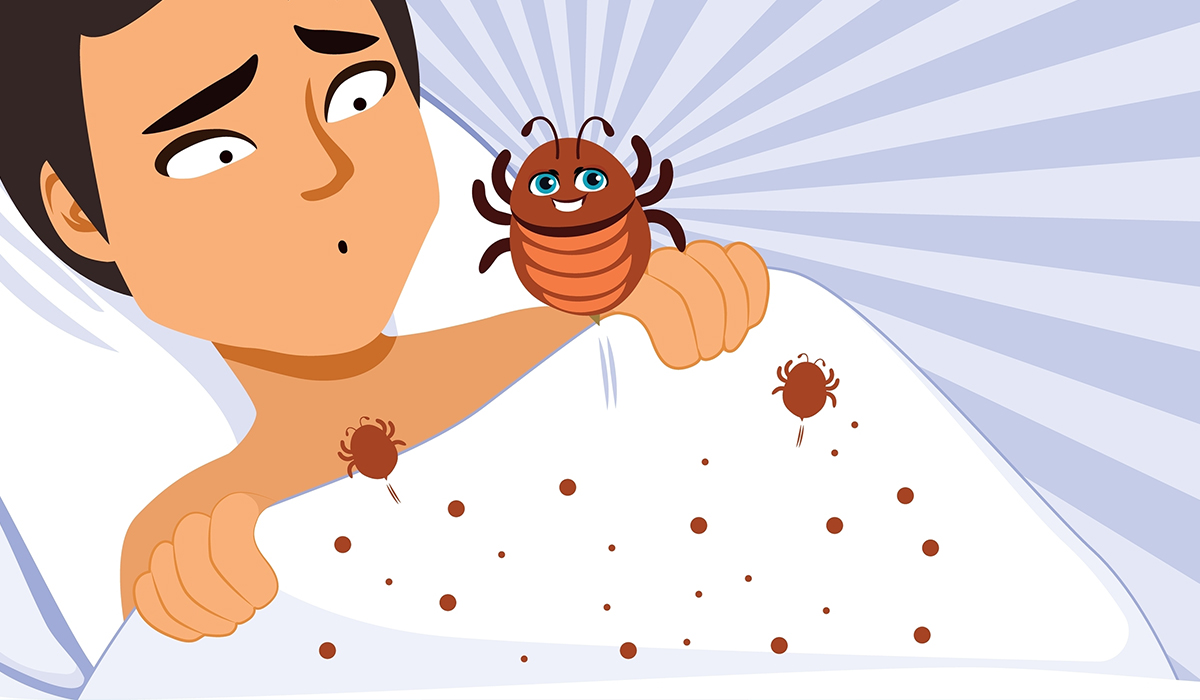
Bed bugs are parasites that feed on human blood. The insect bites can cause a variety of symptoms. Learn how… read more »
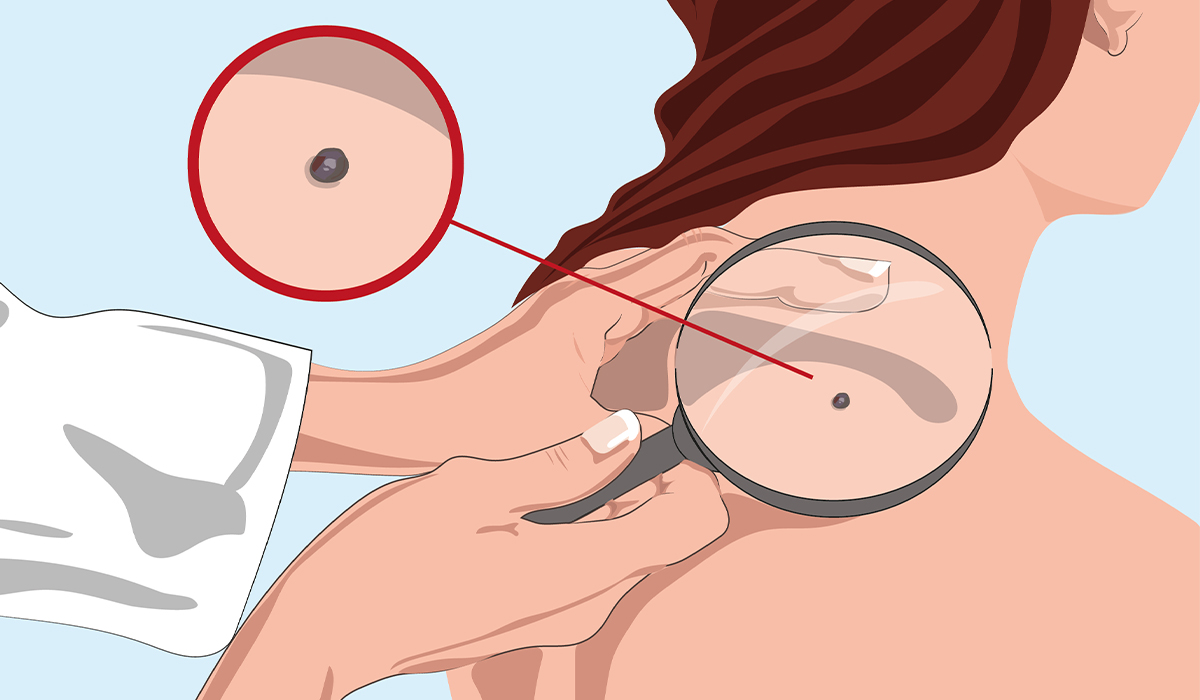
Skin cancer is an ailment in which skin cells develop exceptionally quickly and out of control. It happens because of… read more »
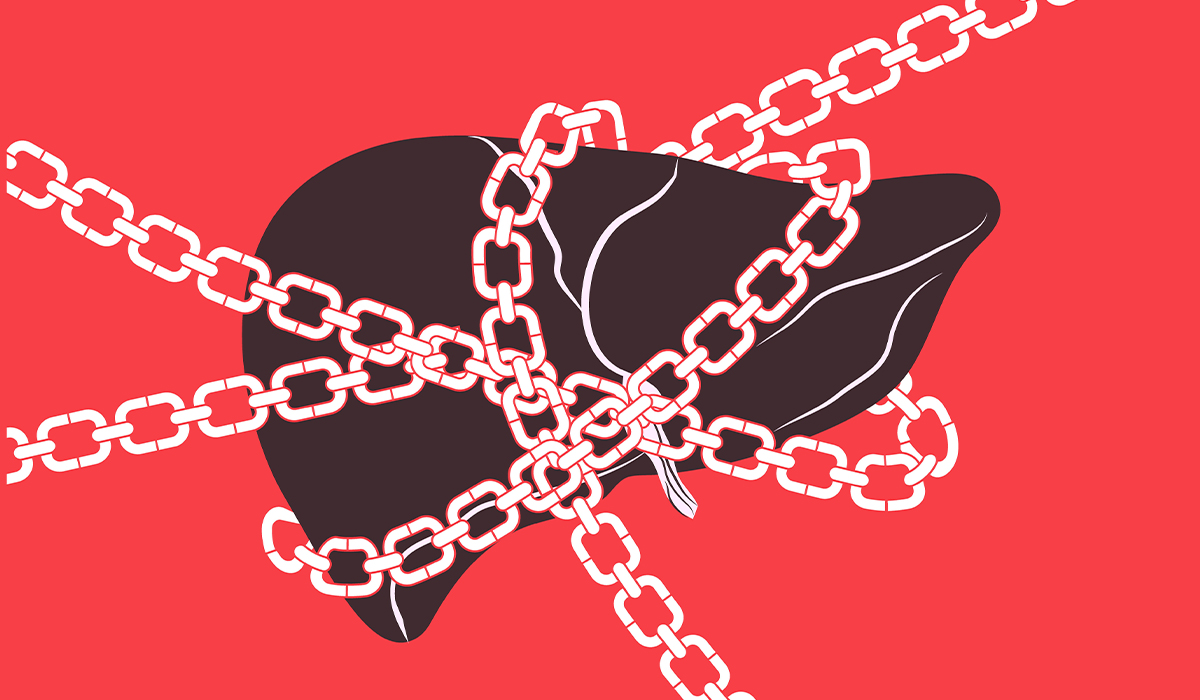
Failure of the liver is a grave wellbeing issue in which the liver doesn't work accurately. The liver is a… read more »
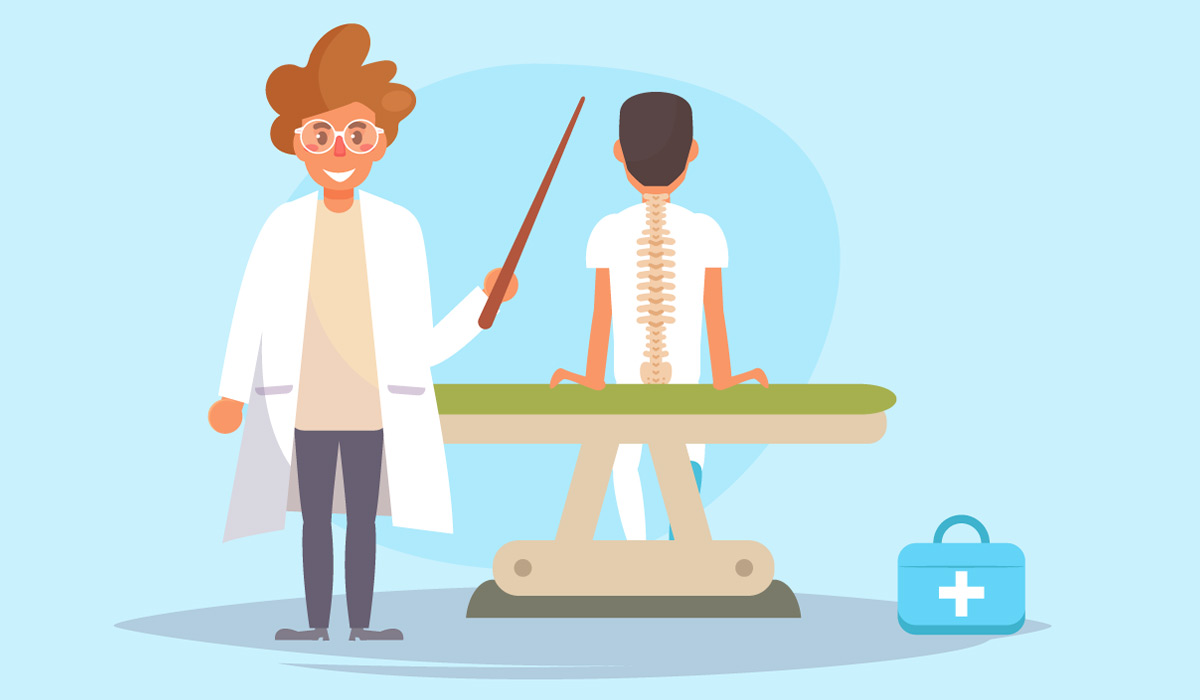
A chiropractor is a doctor who specializes in the diagnosis, treatment, and avoidance of conditions relating to the musculoskeletal framework,… read more »

A podiatrist, who individuals moreover call a Doctor of Podiatric Medicine (DPM), knows numerous things about the foot, ankle, and… read more »